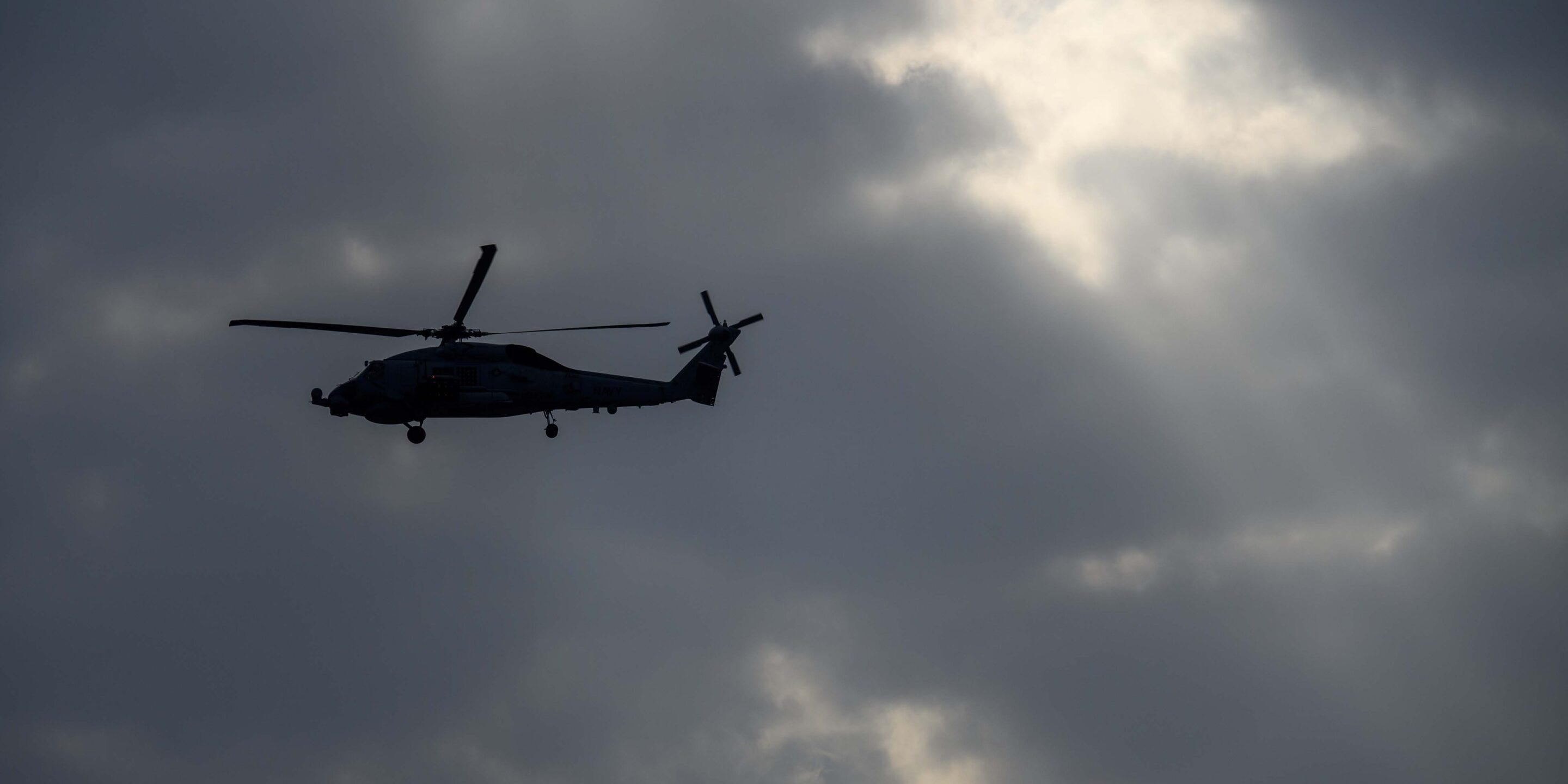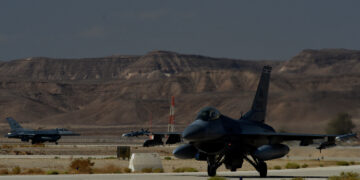January 26, 2024
The Biden administration is repeating old mistakes in Iraq and Syria

The ongoing war between Israel and Hamas in the Gaza Strip has transformed the Middle East into a constellation of flashpoints, from the Israel-Lebanon border region to the Red Sea. On January 22, the United States and the United Kingdom launched its eighth round of strikes against the Houthis in Yemen, hitting radar installations, drone and missile sites as well as underground storage bunkers in an attempt to degrade the group’s capacity to execute attacks against civilian vessels.
In general, the roughly 45,000 U.S. forces stationed in the region have managed to stay out of the thick of things. One can’t say the same thing about the roughly 3,400 US troops scattered throughout Iraq and Syria, who have been forced to duck periodic fire from Iranian-backed militias in both countries. Worse still: the troops are enduring unnecessary risks and simply don’t need to be there.
According to the Pentagon, U.S. troops in Iraq and Syria have been attacked 151 times since mid-October. The most recent attack occurred over the weekend when militias under the Islamic Resistance in Iraq umbrella sent seven ballistic missiles toward the Ain al-Asad airbase. The U.S. retaliated on January 23, striking three militia facilities belonging to Kataib Hezbollah.
Fortunately, no Americans have been killed in any of the rockets, one-way attack drones or missiles that have landed in or near U.S. bases over the last three months. But that’s entirely beside the point. The point is that the Biden administration has unwisely chosen to continue the policies of prior administrations by maintaining a perpetual deployment that serves little strategic purpose.
More on Middle East

By Jennifer Kavanagh and Dan Caldwell
July 9, 2025

Featuring Rosemary Kelanic and Jennifer Kavanagh
June 30, 2025
Events on Middle East







